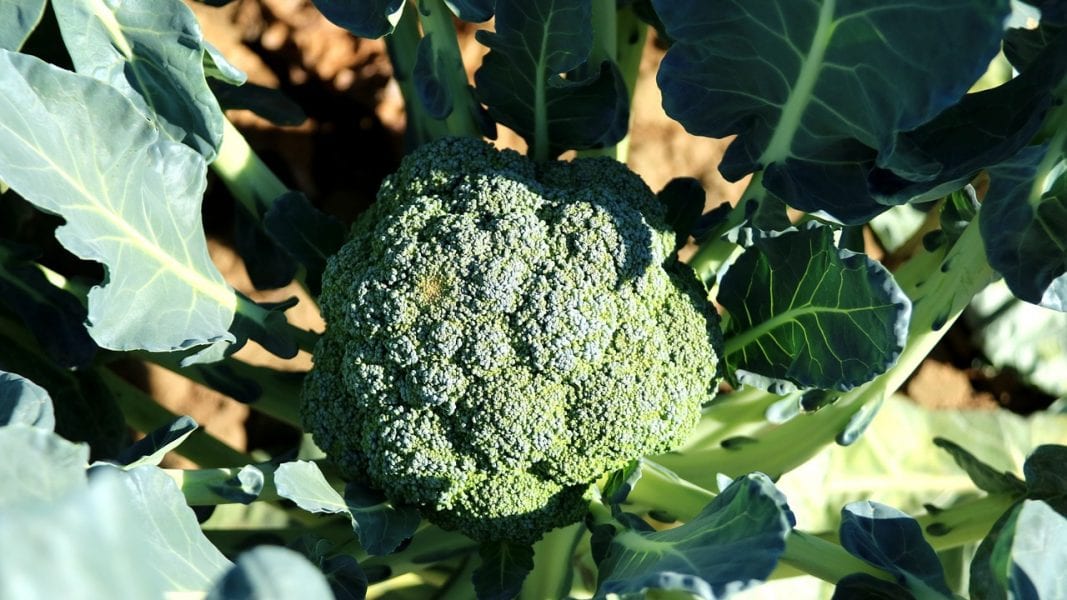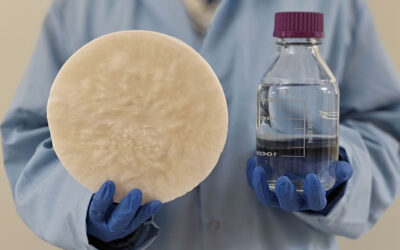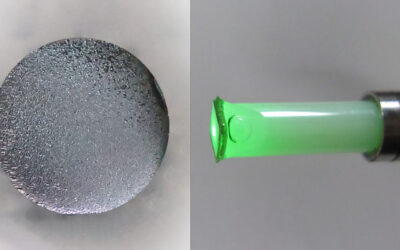The use of fossil fuels poses a threat to humans and the environment. Increasing awareness on the implications of fossil fuels and their deleterious effects has led to an interest in the development of new polymers from renewable resources.
Polymers such as polyurethanes that are currently available in the market, could be hazardous to the environment and also cause health complications such as skin irritation and asthma. Although polyurethanes can be prepared from renewable polyols, their precursors are still prepared from petroleum products. Therefore, vegetable oils could serve as an efficient alternative, as they are ecofriendly and comparatively lower in cost.
Dr. Jean-Luc Audic and colleagues discuss the development of a new bio based polymer synthesized from broccoli seed oil (BO) in the Journal of Applied Polymer Science’s Special Issue on Green and sustainable polyurethanes for advanced applications.
Unlike conventional vegetable oils, BO is rich in long chain fatty acids such as erucic acid. However, erucic acid is not suitable for human consumption. This makes it an abundantly available resource that would otherwise be disposed as waste. The unique structure of erucic acid also enables further chemical modifications depending on the intended application.
The polymer reported is also capable of being used as a matrix for UV responsive bio-based materials in drug delivery, biosensing, bioimaging, and in optical and electronic devices. Needless to say, the futuristic applications of these smart polymers are innumerable.

















